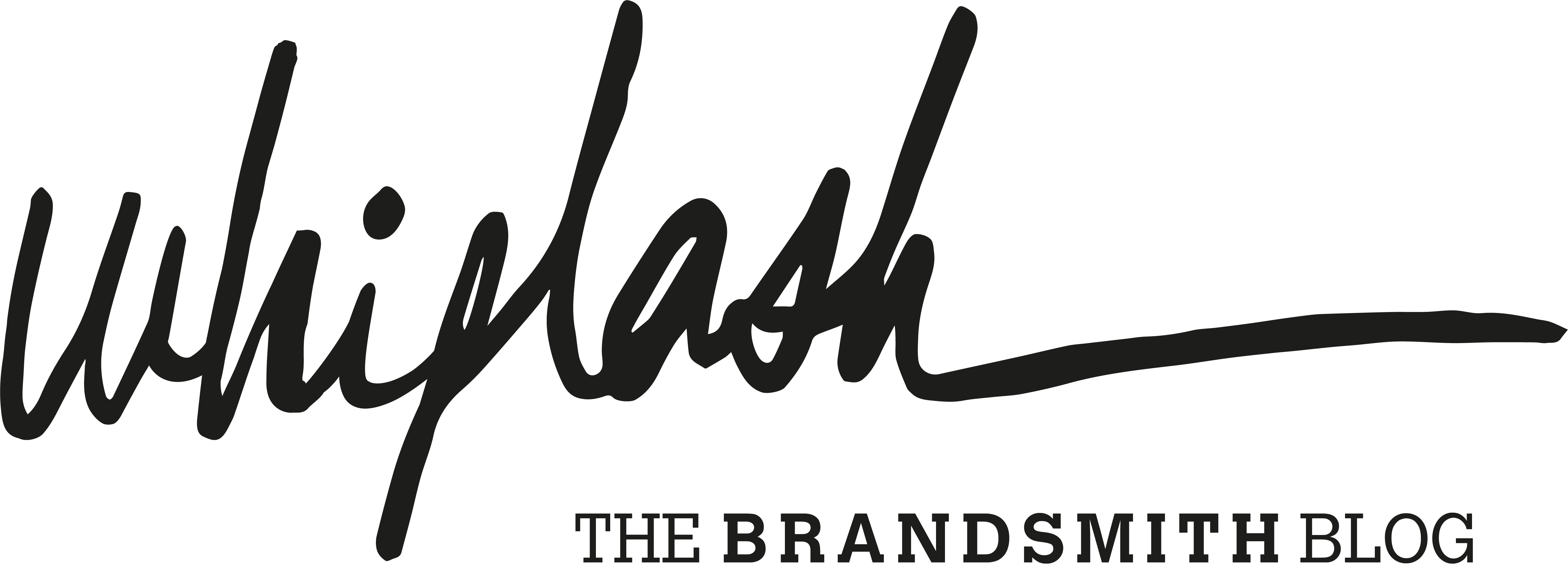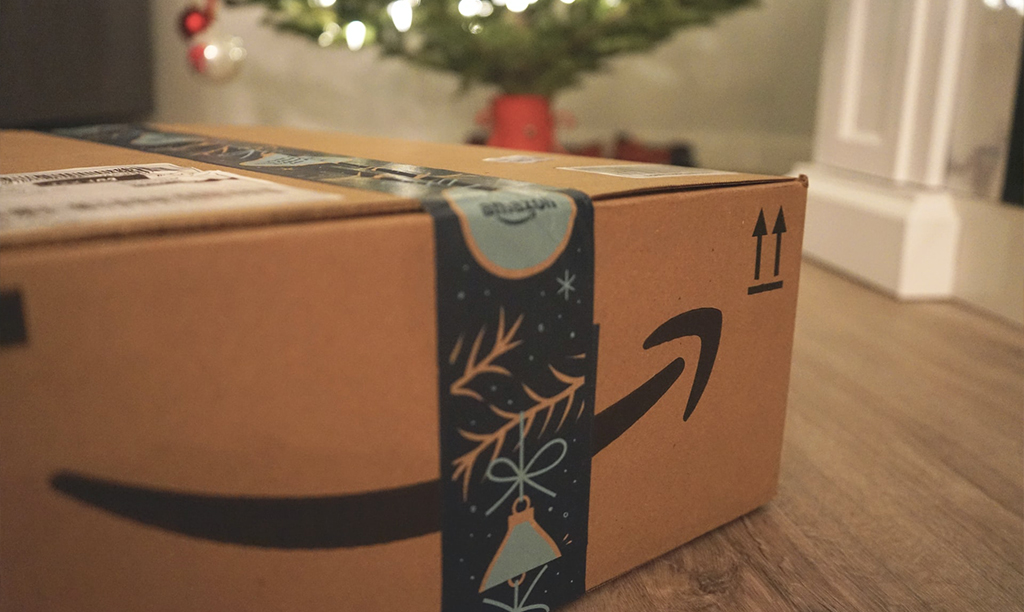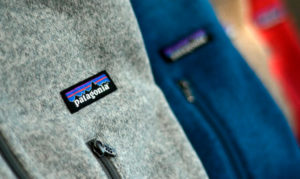Whiplash Team, 11th December 2020
Sustainability, the biggest challenge for brands in 2021
The first sketches for 2021 looks like it’s going to be a year in which, after the COVID-19 pandemic, responsible consumption will continue to grow as a trend. Various studies indicate that brands that adopt measures to incorporate sustainability not only in their daily operations, but as part of their purpose, will have greater opportunities to grow and increase their market share.
Undoubtedly there is a long way to go to achieve the goal of a more responsible society and a total shift towards bioeconomy. Greater involvement by citizens is necessary, as pointed out by the speakers at the virtual forum “Building the future: sustainability, business, society and consumers” that we reviewed in this space some weeks ago. However, as the Millennial and Z generations gain weight in the consumer market, organizations have no alternative but to take into account their demands for sustainable products and brands aligned with their values.
The figures on a global scale as shown in the study “Consumer Products and Retail: How sustainability is fundamentally changing consumer preferences”, carried out by the Capgemini Research Institute, states that 79% of consumers are changing their shopping preferences based on social responsibility, integration or environmental impact. Meanwhile, in Spain, the report “Fair Trade in Spain 2019” prepared by the State Fair Trade Coordinator (CECJ), shows that the consumption of certified fairtrade products increased by 130% in 2019 compared to the figure for the previous year.
Along the same lines, a report published by Clickoala at the beginning of the year, the online search engine for products with a sustainability certificate, in collaboration with the social research institute Empirica, states that for 77% of Spaniards the fact that a product has an eco-friendly social certificate on it is an incentive to buy. In addition, after the COVID-19 pandemic, according to the study “The network of change: consumers facing the challenge of sustainable recovery”, carried out by Wallapop in collaboration with Ipsos, 80% of consumers will continue to search for products which are healthier and more respectful with the environment and 77% will incorporate local commerce into their regular consumption.
All these studies suggest that, over in the world and in our country too, the trend towards more responsible consumption continues to gain ground, and according to an article by the research institute on media, brands and trends IPG Media Lab, “awareness about sustainability has only accelerated during the COVID pandemic”.
The causes of this growing awareness lie in the fact that environmental and social factors have been at the centre of the global scene. For example, the fact that pollution generally decreased as a result of people staying home clearly showed the impact of our daily activities and highlighted the need for companies to place greater emphasis on their efforts to be more sustainable.
On the other hand, consumers are more vigilant and have become more conscious that many companies only appear to be sustainable and that their actions are not consistent with their storytelling. In this sense, seals and certificates are a clear way of demonstrating the trustworthiness of a product in terms of sustainability. Thus, consumers seek PEFC certification to guarantee the sustainable source of forest-based products, as is the case of Fairtrade for fair trade, or the MSC seal, which guarantees that the fish and shellfish used in different products have been caught in a sustainable way.
Thus, 2021 is foreseeably a year of challenges for organizations and brands in terms of sustainability. Although it is true that the business world is making great efforts to make sustainability an intrinsic element, much remains to be done and citizens report that there are still many barriers, such as lack of information, labelling and price, just to name a few.




